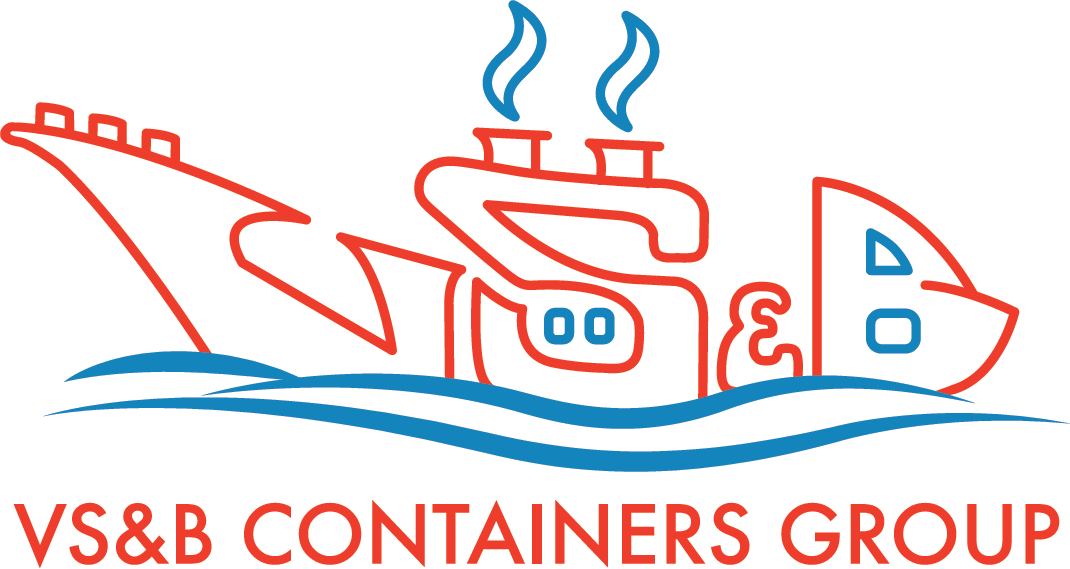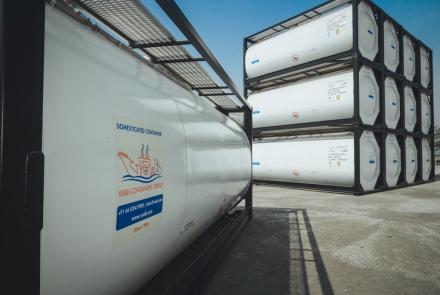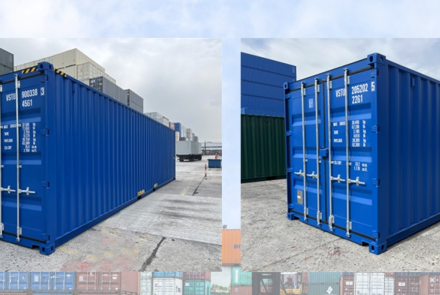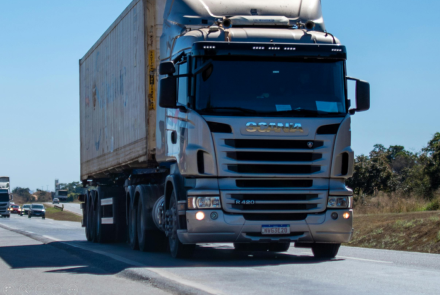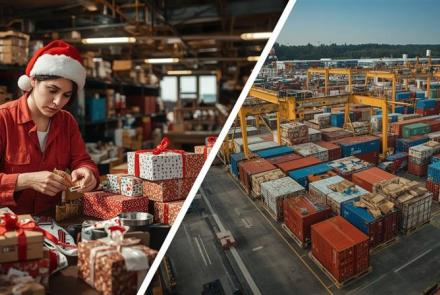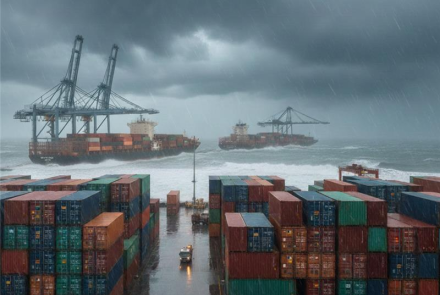THE ECONOMICS OF SHIPPING CONTAINER TRANSPORT: COSTS, EFFICIENCY AND FUTURE TRENDS
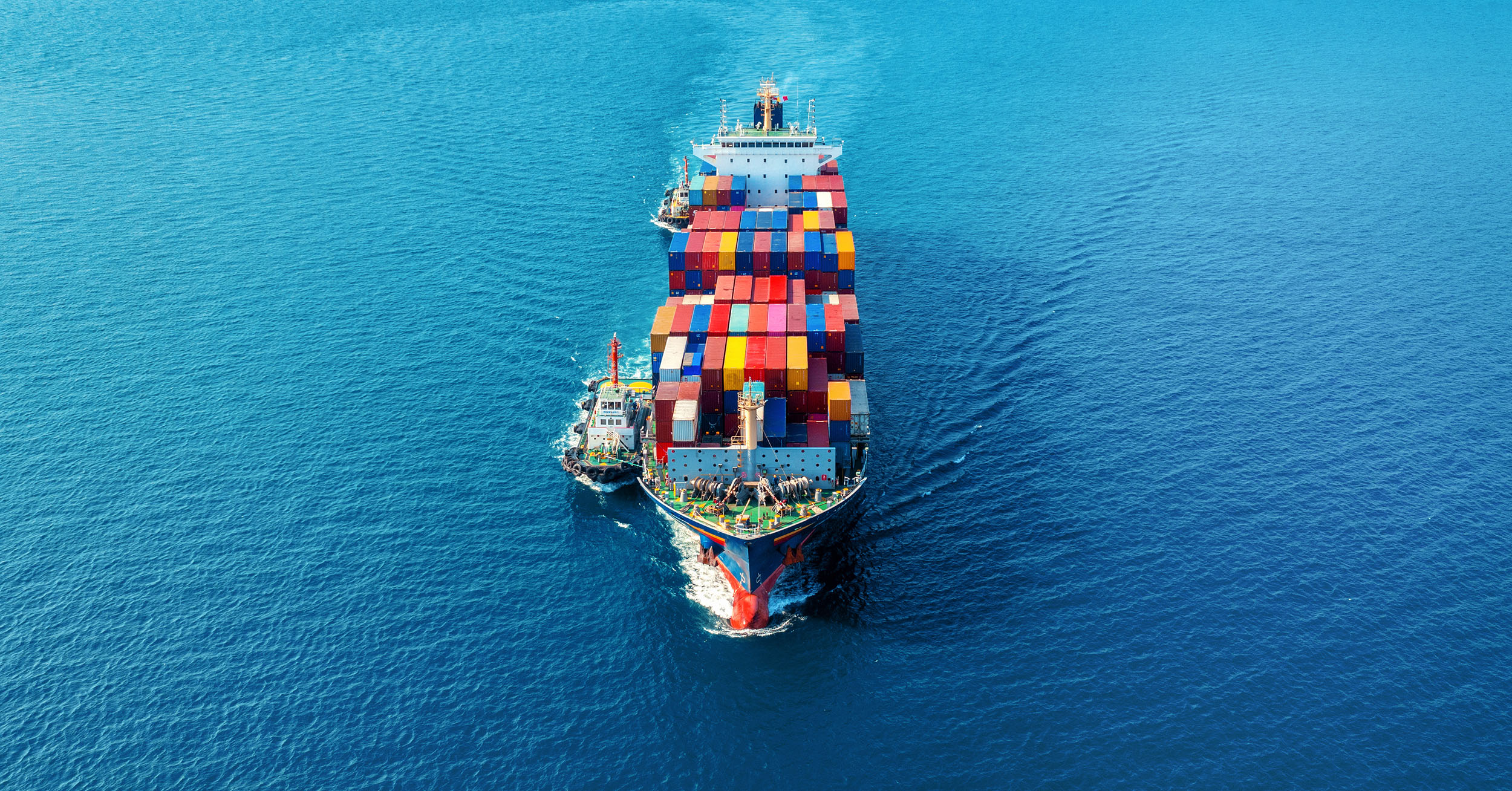 Shipping container transport has revolutionized the way goods are moved around the globe. From raw materials to finished products, just about everything we use daily has been transported at some point in a shipping container. The global shipping industry is critical to the world economy, and the efficiency and costs of shipping container transport are closely tied to global trade patterns and economic growth.
Shipping container transport has revolutionized the way goods are moved around the globe. From raw materials to finished products, just about everything we use daily has been transported at some point in a shipping container. The global shipping industry is critical to the world economy, and the efficiency and costs of shipping container transport are closely tied to global trade patterns and economic growth.
Let us explore the economics of shipping container transport, including the costs, efficiency, and future trends.
Costs of Shipping Container Transport
The cost of shipping container transport depends on different factors, including the distance traveled, the size and weight of the cargo, the mode of transportation, and the route taken. Typically, the cost of shipping a container by sea is lower than shipping by air or land, due to the economies of scale associated with large container ships. Shipping rates are usually based on the freight rate per container, which includes the cost of the container, the cost of loading and unloading, and the cost of transporting the container.
One of the biggest factors affecting the cost of shipping container transport is fuel prices. The cost of shipping fuel has risen substantially in recent years, increasing the cost of shipping for companies and consumers alike. Shipping companies have been investing in more fuel-efficient ships and exploring alternative fuels, such as liquefied natural gas (LNG), to reduce their fuel costs.
Efficiency of Shipping Container Transport
The efficiency of shipping container transport is crucial to the affordability of global trade. The faster and more reliable the shipping routes, the more efficient the transport system, and lower the costs for businesses and consumers. A key factor in the efficiency of shipping container transport is the use of standardized containers that are easily loaded and unloaded and transferred between diverse means of transportation, such as vessels, trains, and trucks.
Another key influence in the efficiency of shipping container transport is the use of technology, such as GPS tracking, automated cargo handling systems, and online booking and tracking systems. These technologies help to restructure the shipping process, reduce delays and errors, and enhance the overall efficiency of the transport system.
Future Trends in Shipping Container Transport
The shipping industry is constantly growing, driven by changes in global trade patterns, advances in technology, and environmental concerns. One of the biggest trends in shipping container transport is the shift towards larger and more fuel-efficient ships. The largest container ships today can carry 24,116 TEUs (twenty-foot equivalent units), and there are plans to build even larger ships.
Another trend in shipping container transport is the adoption of digital technologies, such as blockchain, to improve supply chain transparency and efficiency. Blockchain technology enables secure and transparent sharing of data across the supply chain, reducing the risk of fraud and errors and improving the speed and efficiency of the shipping process.
Environmental concerns are also driving changes in the shipping industry, with a focus on reducing carbon emissions and improving sustainability. Shipping companies are investing in alternative fuels, such as LNG and biofuels, and exploring new technologies, such as wind and solar power, to reduce their environmental impact.
Shipping container transport is a critical constituent of the global economy, and the efficiency and costs of shipping have a dominant influence on global trade patterns and economic growth. Standardized containers and technological advancements have improved the efficiency of shipping container transport, while shifts towards larger ships, digital technologies, and sustainable practices are shaping the future of the industry. As the shipping industry continues to evolve, it will be important to balance economic, environmental, and social factors to ensure a sustainable and efficient transport system for years to come.
VS&B Containers group delivers standard and custom-made containers directly from the factory to your desired location. The company owns a fleet of 30,000 containers and maintains readily available one-way containers throughout Europe and Asia. With this vast inventory and global depot network, customers can purchase containers from any location worldwide. In addition to providing top-quality containers, the company's IT division, iInterchange Systems, offers advanced software solutions for shipping and logistics companies.
Please drop in an email to traders@vsnb.com and the VS&B team will contact you to understand your unique needs in terms of affordability, adaptability and potential return on investment.
- Log in to post comments
